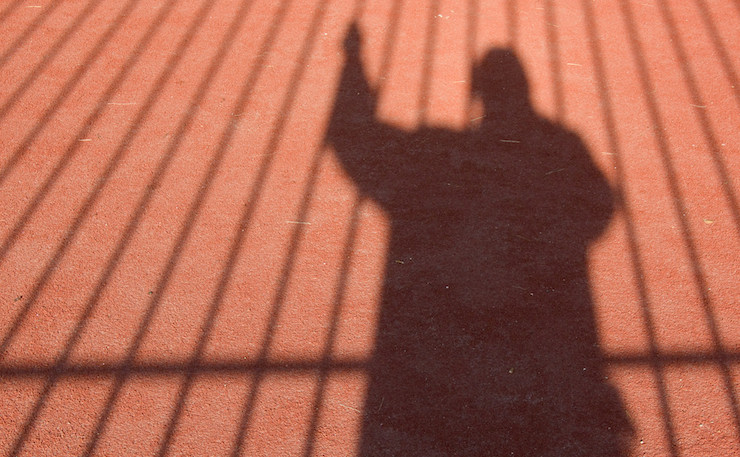Last night’s episode of ABC’s 4 Corners asks whether we are criminalising women. The answer is a resounding yes, and it’s getting worse, writes Kym Chapple.
An examination of who is incarcerated in NSW shows that the women subject to our justice system have a specific history of disadvantage and victimisation. These women suffer from high levels of social and economic disadvantage.
For example, an estimated 30% of the women in prison come from the three most disadvantaged Sydney suburbs. They experience very high levels of social and economic disadvantage; a third grew up in foster care, two-thirds have been in violent relationships and more than a quarter have attempted suicide. Between 85 and 98% of these women have been the victim of assault, with many women being repeatedly victimised. 75-80% have previously received a diagnosis for a mental health condition and between 12-50% have intellectual or learning disability.
These are women who more than anything need help and support. It seems obvious that much of their offending comes as a consequence of victimisation from both the ongoing impact of trauma and the impact of homelessness and lack of access to mental health services.
These women are generally imprisoned for non-violent offences.The few violent offences are usually against violent partners. We know in the case of the First Nations women in our prisons that their overrepresentation comes from the significant over-policing of their community. For instance, information from Sisters Inside shows that in 10 areas in NSW with high Indigenous populations, Aboriginal women were locked up for intoxication at 40 times the rate of non-Aboriginal women.
It’s also about their families. The majority of women in prisons are single mothers, 14% have more than three children under 16. When mothers are in prison their children are generally in other familial or out-of-home care. They leave prison with little to no family support and many struggle to get their children back in their care.
Incarceration of women is always a family issue, and it must be considered as such. Our courts and our prisons must include consideration of the impact on children and family structures at every stage. It is a disgrace that a woman can be refused bail for a non-violent offence without consideration of the impact of this on her family.
We need to change our courts to expand sentencing options to recognise uniqueness of women facing the justice system and limit custodial sentences to serious violent offenders who pose a threat.
Prisons replicate characteristics of violent family situations and this can be particularly troubling in the case of women who have been victims of domestic violence. For those women who are sentenced we need to ensure they receive trauma informed counselling to break the cycle of abuse and allow these women to rebuild their lives.
We know locking up mums has significant impacts on the lives of their children including that they will be five times more likely to end up in prisons themselves. Programs must be put in place to ensure children have contact with their mothers while they are in prison, otherwise this constitutes additional and unjustifiable punishment of children.
Ultimately, we need to be asking if our prison system is the appropriate place for some of the most vulnerable and marginalised women in our community.
Donate To New Matilda
New Matilda is a small, independent media outlet. We survive through reader contributions, and never losing a lawsuit. If you got something from this article, giving something back helps us to continue speaking truth to power. Every little bit counts.




